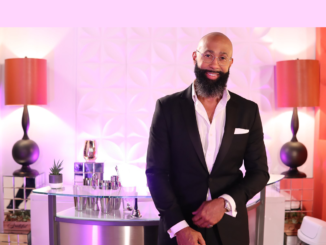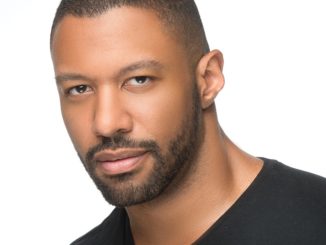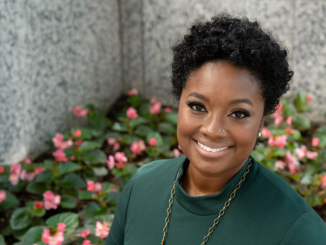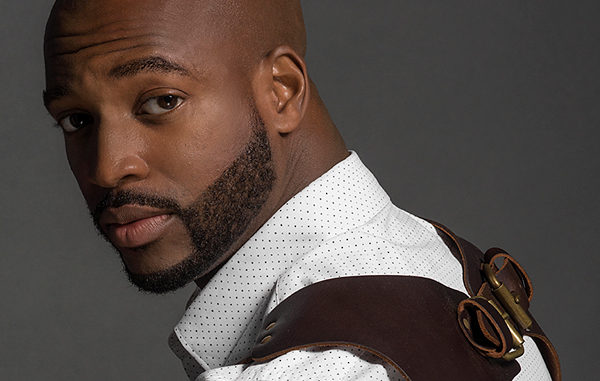
By Taroue Brooks
What inspired you to become a firefighter?
Honestly, becoming a firefighter was unplanned. I’d just graduated with a degree in urban planning, and thought that I would start a career in the planning field. When I moved back to Chicago, the job market was horrible. A childhood friend of mine told that the fire department was hiring, and wanted me to come with him to take the test for it. A year later i was accepted for the position. I knew that i wanted to have a career in service to my community so that was my motivation ultimately to become a firefighter.
What has been the most challenging and rewarding aspect of your work?
The most rewarding aspect of my work is being able to service a community of people who come from the same background as I do. Its almost like working for close family members. The city I work for is predominately African American, and I feel a close connection with the citizens. The most challenging aspect of my work is that I also have to see these same people on the worst days of their lives. Seeing them suffer, weather its from losing a loved one, their possessions in a fire, being sick, or car accidents is very challenging. For me Its not practical to have no emotion when serving the public, and then be emotionally available at home in my personal life. Memories of the people that couldn’t do anything for affected me a lot.
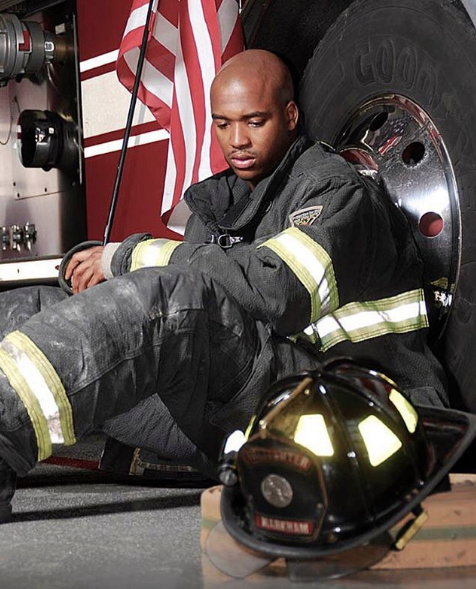
Why do you feel it is so difficult to get the minority community to seek help for mental health?
I think that getting the minority community to seek help for mental heath is difficult because a lot of us aren’t raised to go and see doctors. In fact, we are groomed to believe that going to see a doctor for mental heath means that you’re crazy or weak. Lack of education about mental health is also a huge factor. A lot of us in the black community don’t even know that we’ve been traumatized.
What gives you the strength to seek support to maintain a healthy life?
The rising numbers of first responders suffering from depression, and committing suicide opened my eyes to how unhealthy we can live in this profession. After years of traumatic calls, and being involved in a house explosion in 2017, my loved ones started to notice a change in my mood. I suffered from PTSD, panic attacks, and Anxiety. My good friend Nikki Lynette, who’s always talking about the importance of good mental health talked me through the embarrassment, and fear of going to speak with a doctor. Living a happy personal life, and being a first responder simultaneously is what gives me the strength to seek support to maintain a healthy life.How have you been able to process the trauma of what you experience?I was lucky enough to be able to find a therapist who was actually a retired firefighter. My therapist went through a lot of the same trauma that i experience so he was able introduce me to counseling, journaling, and provide some good literature to read on understanding the mind. Holistic methods of therapy have also been very helpful involving traveling, yoga, fitness, tribal dance, nature hiking, and indigenous plant medicines. A combination of all of these things have aided me in processing the trauma of my experiences.
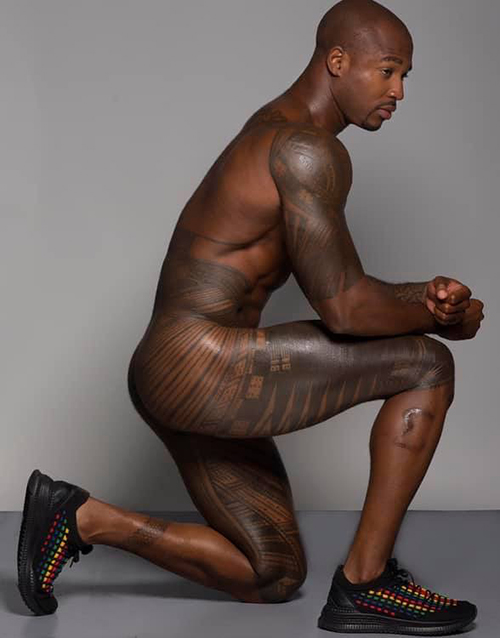
Tell us about your tattoos and the stories they represent.
The tattoos that I have were done by the Suluape clan of Samoa. I was given the opportunity to meet with the family, and have some work done by them at a convention back in 2009 when they visited the states. I kept in contact with them over the years, and since then travelled to Samoa to receive their kings tattoo called the Pe’a tatau. In Samoan culture the leaders of the community would be awarded the Pe’a tatau as a pledge to serve their village. The designs symbolize connections to our parents, ancestors, and to nature. When I became a firefighter, and started to do community service in my hometown West Englewood Chicago, I travelled to Samoa to get tattooed to symbolize my pledge, and dedication to my community.
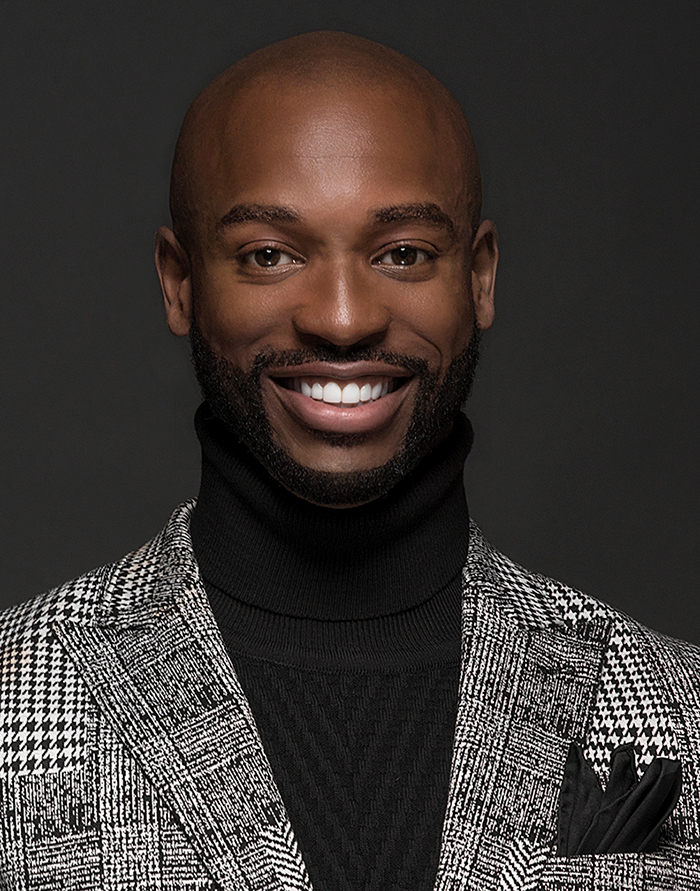
What advice do you have for people who experience trauma?
My advice to people who experienced trauma would be to talk to a therapist even if they don’t feel they need to. It should become a common practice of self care, and love. What I’ve grown to learn is that theres this big misconception that the only time a person should talk to a doctor is when somethings wrong. Its better to be proactive and talk to a doctor when things are just fine. Building a relationship with a doctor makes the process easier to be treated if, and when things turn for the worst.
Social Media
instagram: @Vairrun
facebook: Vairrun Strickland
Twitter: @Vairrun




